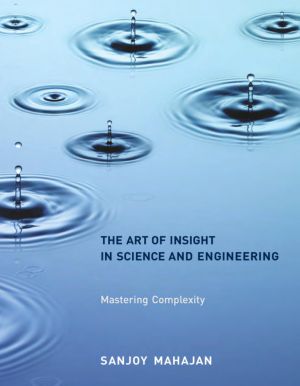The Art of Insight in Science and Engineering
Mastering Complexity
by Sanjoy Mahajan
DescriptionTable of ContentsDetailsHashtagsReport an issue
To master complexity, we can organize it or discard it. The Art of Insight in Science and Engineering first teaches the tools for organizing complexity, then distinguishes the two paths for discarding complexity: with and without loss of information. Questions and problems throughout the text help readers master and apply these groups of tools. Armed with this three-part toolchest, and without complicated mathematics, readers can estimate the flight range of birds and planes and the strength of chemical bonds, understand the physics of pianos and xylophones, and explain why skies are blue and sunsets are red. 






Book Description
This book shows us that the way to master complexity is through insight rather than precision. Precision can overwhelm us with information, whereas insight connects seemingly disparate pieces of information into a simple picture. Unlike computers, humans depend on insight. Based on the author's fifteen years of teaching at MIT, Cambridge University, and Olin College, The Art of Insight in Science and Engineering shows us how to build insight and find understanding, giving readers tools to help them solve any problem in science and engineering.To master complexity, we can organize it or discard it. The Art of Insight in Science and Engineering first teaches the tools for organizing complexity, then distinguishes the two paths for discarding complexity: with and without loss of information. Questions and problems throughout the text help readers master and apply these groups of tools. Armed with this three-part toolchest, and without complicated mathematics, readers can estimate the flight range of birds and planes and the strength of chemical bonds, understand the physics of pianos and xylophones, and explain why skies are blue and sunsets are red.
This open book is licensed under a Creative Commons License (CC BY-NC-SA). You can download The Art of Insight in Science and Engineering ebook for free in PDF format (6.4 MB).
Table of Contents
Part I
Organizing Complexity
Chapter 1
Divide and conquer
Chapter 2
Abstraction
Part II
Discarding Complexity Without Losing Information
Chapter 3
Symmetry and Conservation
Chapter 4
Proportional Reasoning
Chapter 5
Dimensions
Part III
Discarding Complexity with Loss of Information
Chapter 6
Lumping
Chapter 7
Probabilistic Reasoning
Chapter 8
Easy Cases
Chapter 9
Spring Models
Book Details
Title
The Art of Insight in Science and Engineering
Publisher
MIT Press
Published
2014
Pages
409
Edition
1
Language
English
ISBN13 Digital
9780262526548
ISBN10 Digital
0262526549
PDF Size
6.4 MB
License

Related Books

The result of a workshop bringing together an international advisory board of experts in science, satellite technologies, industry innovations, and public policy, this book addresses the current and future roles of satellite Earth observations in solving large-scale environmental problems. The book showcases the results of engaging distinct communi...
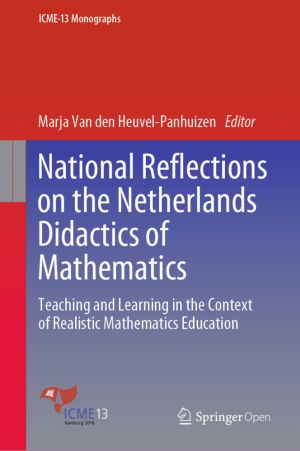
This open access book, inspired by the ICME 13 Thematic Afternoon on "European Didactic Traditions", consists of 17 chapters, in which educators from the Netherlands reflect on the teaching and learning of mathematics in their country and the role of the Dutch domain-specific instruction theory of Realistic Mathematics Education.Written b...
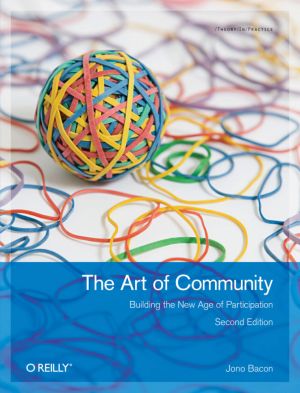
Online communities provide a wide range of opportunities for supporting a cause, marketing a product or service, or building open source software. The Art of Community helps you recruit members, motivate them, and manage them as active participants. Author Jono Bacon offers experiences and observations from his 14-year effort to build and manage co...
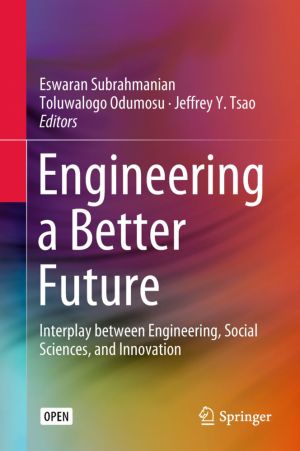
This book examines how the social sciences can be integrated into the praxis of engineering and science, presenting unique perspectives on the interplay between engineering and social science. Motivated by the report by the Commission on Humanities and Social Sciences of the American Association of Arts and Sciences, which emphasizes the importance...
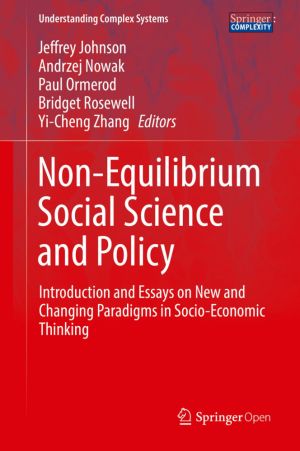
The overall aim of this book, an outcome of the European FP7 FET Open NESS project, is to contribute to the ongoing effort to put the quantitative social sciences on a proper footing for the 21st century. A key focus is economics, and its implications on policy making, where the still dominant traditional approach increasingly struggles to capture ...

This book focuses on nuclear engineering education in the post-Fukushima era. It was edited by the organizers of the summer school held in August 2011 in University of California, Berkeley, as part of a collaborative program between the University of Tokyo and UC Berkeley. Motivated by the particular relevance and importance of social-scientific ap...

